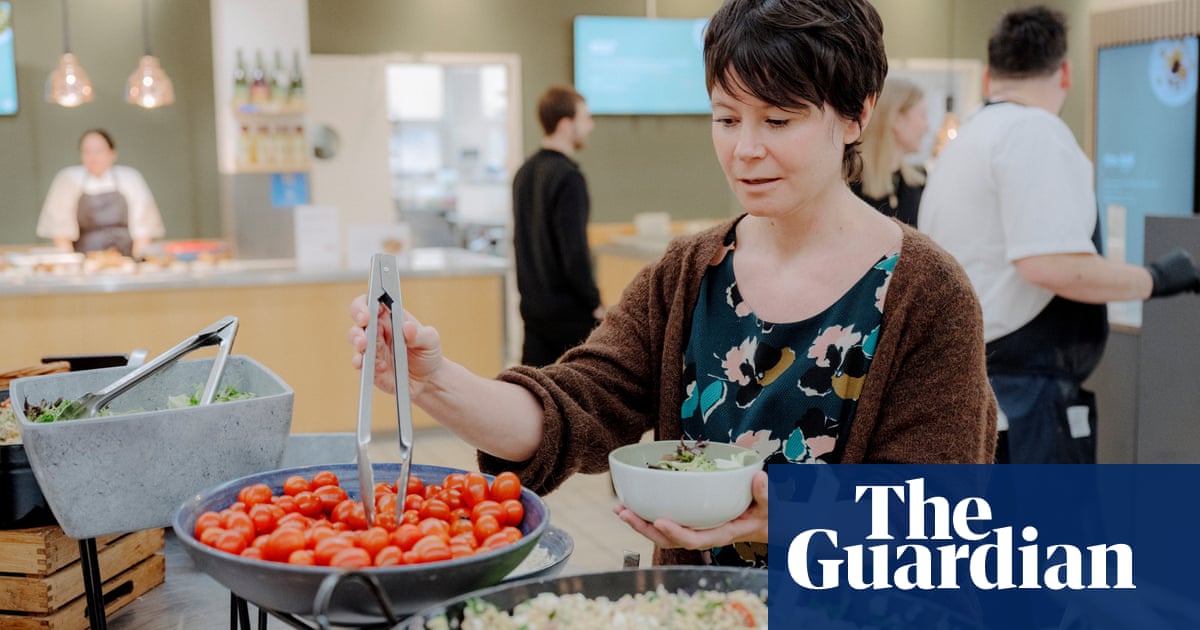Last week some startling numbers hit the headlines. If the Office for National Statistics is correct, net migration will add five million people to these islands in the span of a decade. That will account for almost all population growth in that time, driving us up to 72.5 million by 2032.
Is it good news or bad? Many commentators reacted with alarm: there is already a great deal of strain on housing, education and health services. But others like the idea. They point out that birthrates are falling across the world, and that Britain, like other countries, is due to get increasingly decrepit with time. We will eventually have to live off the life force of skilled young people from overseas, over whom everyone else will be competing.
But how will the public respond? There’s not a straightforward answer there, either. Opposition to newcomers has softened in recent years, even as their numbers surged, although there was an uptick in concern again in 2023. But here’s a counter-narrative: last week, seven separate polls saw Reform pull ahead of the Conservative party. Central to Reform’s appeal is a stance against immigration.
The real answer to both questions is: it depends. Whether immigration is good or bad, tolerated or unpopular, tends to correlate with a factor distinct from headline numbers. Politicians talk about levels of immigration. But this skims over a more essential question: how well do new arrivals integrate into the economy, and into British life itself?
Britons care about integration, which can make their attitudes seem inconsistent when asked about net numbers. Quizzed by pollsters, we say immigration is too high, but when it comes to individual groups of migrants – those fleeing war, those coming to study, transport workers, service workers, fruit pickers, artists, teachers, nurses – it turns out we’d like them to stay, or even arrive in greater numbers. We also tend to get on with the immigrants we know. This isn’t contradictory so much as nuanced. When immigrants do valuable work, and mix into communities, everyone benefits. On the occasions they don’t, problems can arise.
Luckily for us, there are some reasons to be hopeful about the coming rise in newcomers. Integration is one of Britain’s biggest success stories: we excel at settling in arrivals. Touchiness around the subject means we don’t make much of a fuss about this. We should.
Let’s start with employment rates, which for migrant men of working age stand at 82%, higher than for UK-born men, at 78% – although for women they dip two percentage points lower than for the native born. Other places are less successful: employment rates for foreign-born people in the EU lag well behind. There are plenty of fields in which migrants excel, too, delivering an outsize boost to the economy. A 2023 study found 39% of the 100 fastest-growing companies in Britain have an immigrant founder or co-founder, even though the group makes up just 14.5% of the population.
after newsletter promotion
Education is another reason to be proud of our new arrivals. Sam Freedman, an expert on education policy, has pointed out that in a recent Pisa study of 15-year-olds – Pisa is the OECD’s Programme for International Student Assessment – the UK was the only European country other than Serbia where second-generation immigrants performed better than non-immigrants. Meanwhile, 58% of Bangladeshi students on free school meals go on to university, compared with just 16% of their white British equivalents.
What about social integration? That is a positive story, too. Between 1991 and 2021, every ethnic group became less segregated, including white Britons. And not just in our big metropolitan centres, but in small towns and suburbs, where the foreign-born population is increasing the fastest. There are also a growing number of mixed-ethnicity households – from 9% in 2001 to almost 15% of multiperson homes in 2021, due partly to the explosive growth of dating and roommate apps. Foreign-born people are underrepresented in the UK’s prison system. Not so in much of the rest of the world.
What’s our secret? Language is part of it. We’re lucky that a lot of the world speaks English and we can have our pick of the talent. Once here, people integrate that much faster. Another advantage is a flexible labour market, compared with the rest of Europe, where bureaucracy can stand in the way of foreign-born people joining the wage force. A third is our attitude. The 2023 European Social Survey finds that, next to Norway, we are the least likely European country to say immigration makes our country a worse place to live.
There is plenty of room for improvement. We import many problems too, including cultural prejudices and religious extremism. Although segregation is falling, it can still cause problems. We are particularly bad at dealing with asylum seekers, whom we stop from working during the endless time we take to sort out their cases. Meanwhile, small boat crossings are up, while numbers of international students are down – putting a strain on universities, which increasingly rely on their fees. Last week Cardiff University announced it was cutting 400 jobs.
We need to address these problems and build on our advantage. Talking about integration, and not just net numbers, would be a start. It would be good, too, if politicians could refrain from overstating the drawbacks of immigration. Last week Kemi Badenoch blamed a “lack of integration” for the crimes of the Southport mass killer Axel Rudakubana – a claim for which there is no evidence. This kind of rhetoric will only damage integration, and set us back.

.png) 2 months ago
26
2 months ago
26













































